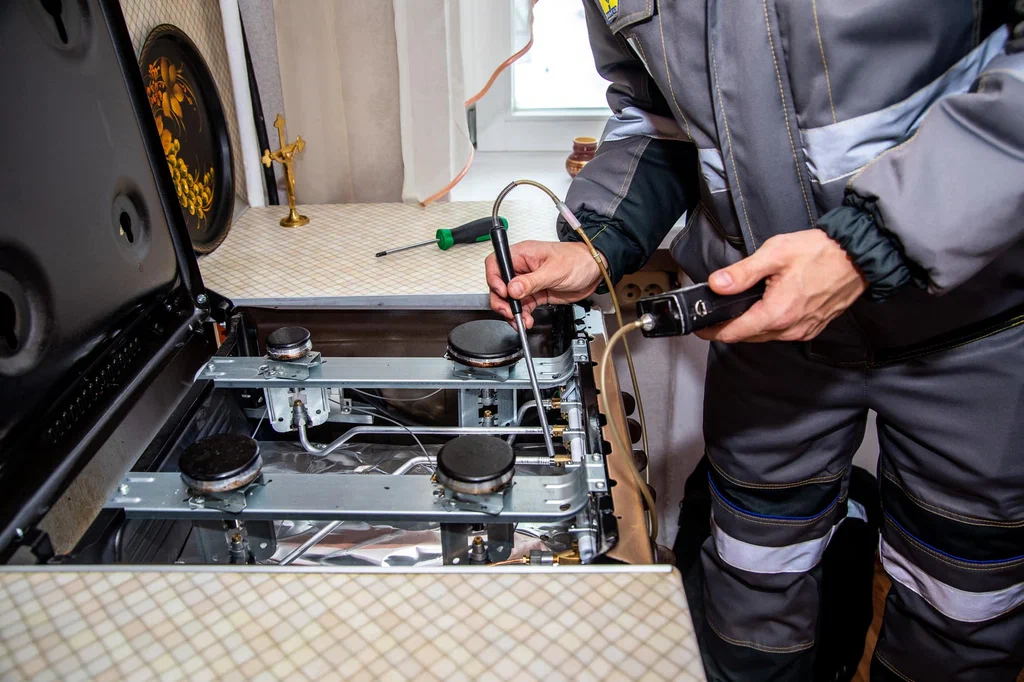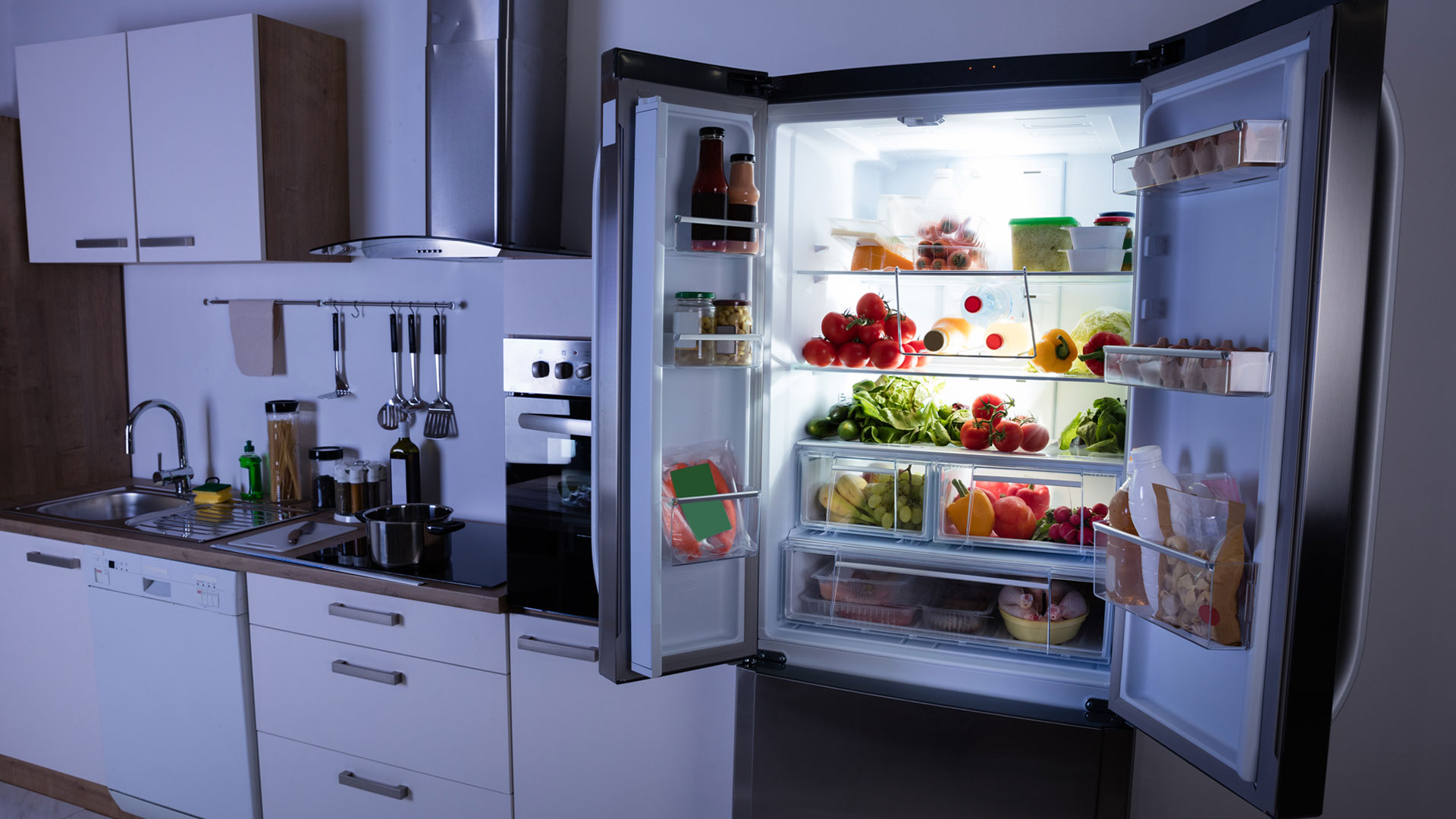The stove is one of the most essential appliances in any household. From quick breakfasts to hearty dinners, it plays a central role in daily life. But like any appliance, stoves can develop issues over time. Whether it's a faulty burner, a broken igniter, or inconsistent heating, understanding stove repair can save you time, money, and frustration.
In this comprehensive guide, we’ll explore common stove problems, how to troubleshoot them, when to call a professional, and what you can do to extend the life of your appliance. Whether you have an electric or gas stove, this guide will help you stay prepared and informed.
Why Stove Repair Matters
Stoves are used almost every day, which means even a small issue can disrupt your routine. Many homeowners are tempted to ignore minor problems, but the truth is that small issues often lead to bigger and more expensive ones. Timely stove repair helps:
- Maintain energy efficiency
- Prevent fire hazards
- Avoid costly replacements
- Ensure consistent cooking results
- Extend the lifespan of your appliance
Regular maintenance and prompt attention to repairs can make a major difference in the performance of your stove.
Common Stove Problems and How to Troubleshoot
While some stove problems require a trained technician, many issues can be identified and sometimes even resolved by homeowners. Here are some of the most frequent issues and what you can do about them.
1. Burner Won’t Turn On (Electric Stove)
Possible causes:
- Faulty burner coil
- Damaged burner socket
- Broken switch
- Blown fuse or tripped breaker
What to do:
- First, unplug the stove or turn off the circuit breaker for safety.
- Switch the burner coil with one that’s working. If the new one works, the original coil may be the problem.
- If the new coil still doesn’t work, the socket or the switch could be at fault. In that case, professional repair is recommended.
2. Gas Burner Won’t Light
Possible causes:
- Clogged burner ports
- Dirty igniter
- Loose connection or faulty igniter
What to do:
- Turn off the gas.
- Use a toothbrush or needle to clean the burner holes.
- Wipe down the igniter with a damp cloth to remove grease or food residue.
- If cleaning doesn’t solve the problem, the igniter may need replacement.
3. Gas Smell Near Stove
This is a serious issue that requires immediate attention. It could indicate a gas leak, which is dangerous and can lead to fires or explosions.
What to do:
- Do not use the stove or turn on any electrical appliances.
- Open windows for ventilation.
- Leave your home immediately.
- Call your gas provider or emergency services.
- Do not attempt to fix a gas leak yourself.
4. Inconsistent Oven Temperature
Possible causes:
- Faulty temperature sensor
- Malfunctioning thermostat
- Broken heating element
What to do:
- Use an oven thermometer to check if the displayed temperature matches the actual temperature.
- If it's off by more than 25 degrees, the sensor may need replacing.
- Electric stoves may need a new heating element.
This repair can often be handled by a professional and is usually cost-effective compared to replacing the whole stove.
5. Clicking Noise from Gas Stove
It’s normal for the igniter to click when starting a burner, but constant clicking is a sign something is wrong.
Possible causes:
- Moisture or spills around the igniter
- Misaligned burner cap
- Faulty igniter switch
What to do:
- Wipe down the igniter and burner thoroughly.
- Ensure the burner cap is correctly aligned.
- If the clicking continues, contact a repair technician.
When Should You Call a Professional?
While DIY solutions can fix some minor issues, certain problems require the experience and tools of a professional. You should call for stove repair service when:
- You smell gas
- The stove trips your circuit breaker
- You notice sparks or see smoke
- Repairs involve internal wiring or gas lines
- You've tried basic troubleshooting but the issue persists
Attempting to fix complex problems yourself can lead to further damage—or even personal injury. For safety and efficiency, it’s often best to leave complicated stove repairs to trained experts.
What to Expect From a Professional Stove Repair Service
When you hire a professional, they will usually:
- Inspect the appliance thoroughly
- Diagnose the issue and explain the problem
- Offer a cost estimate before starting the work
- Replace faulty parts using original or compatible components
- Test the stove after repairs
- Provide a short-term warranty on labor and parts
Always choose a licensed and insured technician with good reviews. Ask if they have experience with your stove's brand and model.
Cost of Stove Repair: What’s Reasonable?
The price of stove repair varies depending on the issue, location, and type of stove. Here's a general range:
- Burner or coil replacement: $50–$150
- Igniter replacement (gas stove): $100–$250
- Thermostat or sensor repair: $100–$200
- Control board replacement: $200–$400
Keep in mind, labor costs can vary. Some companies charge a flat fee for diagnostics, which may be waived if you proceed with the repair.
Preventive Maintenance Tips for Your Stove
To avoid frequent stove repairs and get the most out of your appliance, follow these simple tips:
- Clean spills immediately: Food spills can clog burners or damage electric coils.
- Check burner caps regularly: Misaligned or dirty caps affect performance.
- Avoid using aluminum foil on burners: This can restrict airflow or damage the heating elements.
- Test your oven temperature monthly: Using a simple oven thermometer.
- Unplug or turn off the stove before cleaning or inspecting parts.
- Schedule professional inspections annually: Especially for gas stoves.
Repair or Replace: How to Decide
Eventually, even the most reliable stove may need to be replaced. If you're facing a major repair, you might wonder if it's worth it. Here’s a general guideline:
- If your stove is over 10 years old and the repair will cost more than 50% of the replacement value, it’s probably time for a new one.
- Frequent repairs in a short period are also a red flag.
- However, for minor and isolated issues, repair is usually the best (and most affordable) choice.
How to Choose the Right Stove Repair Company
Not all repair services are created equal. Here’s what to look for:
- Licensed and insured technicians
- Transparent pricing and estimates
- Good reviews on Google, Yelp, or local directories
- Warranty on repairs
- Fast response time
- Specialization in your stove’s brand
A reliable stove repair company will not push unnecessary replacements and will focus on solving your problem quickly and efficiently.
Final Thoughts: Take Care of Your Stove and It Will Take Care of You
Your stove is more than just an appliance it’s a cornerstone of your home. By learning the basics of stove repair and knowing when to call in a professional, you can ensure your kitchen stays functional and safe.
Regular maintenance, timely repairs, and smart usage habits will help your stove last for years to come. And if a problem does arise, you now know exactly what steps to take to get things cooking again fast.



